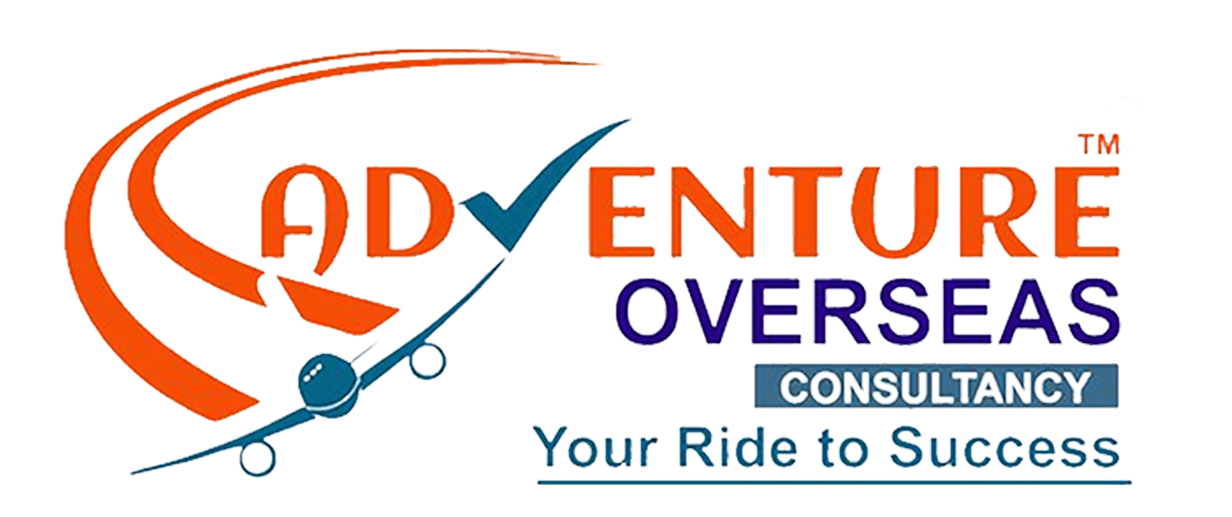In recent years, the United States has been a top destination for international students seeking quality education and career opportunities. However, navigating the complexities of American workplace rights can be daunting, especially for those on student visas. In this blog post, we’ll delve into the essential information regarding the workplace rights of international students in the USA.
F-1 Visa: In Glance
International students in the US typically hold F-1 visas, which allow them to study full-time at accredited academic institutions. While these visas come with certain privileges, such as the ability to work on-campus and sometimes off-campus under specific circumstances, understanding the nuances of employment rights is crucial to avoid legal issues.
On-Campus Employment
One of the primary benefits for international students is the opportunity to work on campus. According to the US Citizenship and Immigration Services (USCIS), F-1 visa holders are generally permitted to work up to 20 hours per week during the academic year and full-time during breaks. On-campus employment can include roles such as teaching assistants, library assistants, or administrative positions within the university.
| Key Points | Details |
| Hours Allowed | Up to 20 hours per week during the academic year; full-time during breaks |
| Types of Jobs | Teaching assistants, library assistants, administrative roles, etc. |
| Restrictions | Cannot displace US workers or accept work considered to compete with local businesses |
Off-Campus Employment
In certain situations, international students may be eligible for off-campus employment authorization. This typically requires approval from USCIS and is subject to specific criteria, such as demonstrated financial hardship or participation in Curricular Practical Training (CPT) or Optional Practical Training (OPT) programs.
Curricular Practical Training (CPT)
CPT is an integral part of many academic programs that require students to gain practical experience related to their field of study. To qualify for CPT, students must receive authorization from their Designated School Official (DSO) and meet other requirements outlined by USCIS.
Optional Practical Training (OPT)
OPT provides temporary employment authorization directly related to an international student’s major area of study. It can be used during or after completing the academic program and requires an application to USCIS. OPT is typically available for up to 12 months, with the possibility of a 24-month extension for certain STEM (Science, Technology, Engineering, and Mathematics) fields.
Key Considerations for International Students
While international students have opportunities for employment in the US, it’s essential to understand the limitations and obligations associated with their visa status:
- Maintain Full-Time Enrollment: International students must maintain full-time enrollment during the academic year to remain compliant with their visa requirements.
- Tax Obligations: International students are subject to US tax laws and may need to file tax returns, even if they earn income from on-campus employment.
- Visa Compliance: Violating the terms of their visa, including unauthorized employment, can have serious consequences, such as deportation or future visa denials.
Conclusion
Navigating workplace rights as an international student in the US requires understanding the specific regulations governing employment under F-1 visas. From on-campus opportunities to off-campus programs like CPT and OPT, students have various avenues to gain valuable work experience while pursuing their education.
However, adherence to visa regulations and compliance with US labour laws is paramount to avoid legal issues and ensure a successful academic and professional journey in America.

